

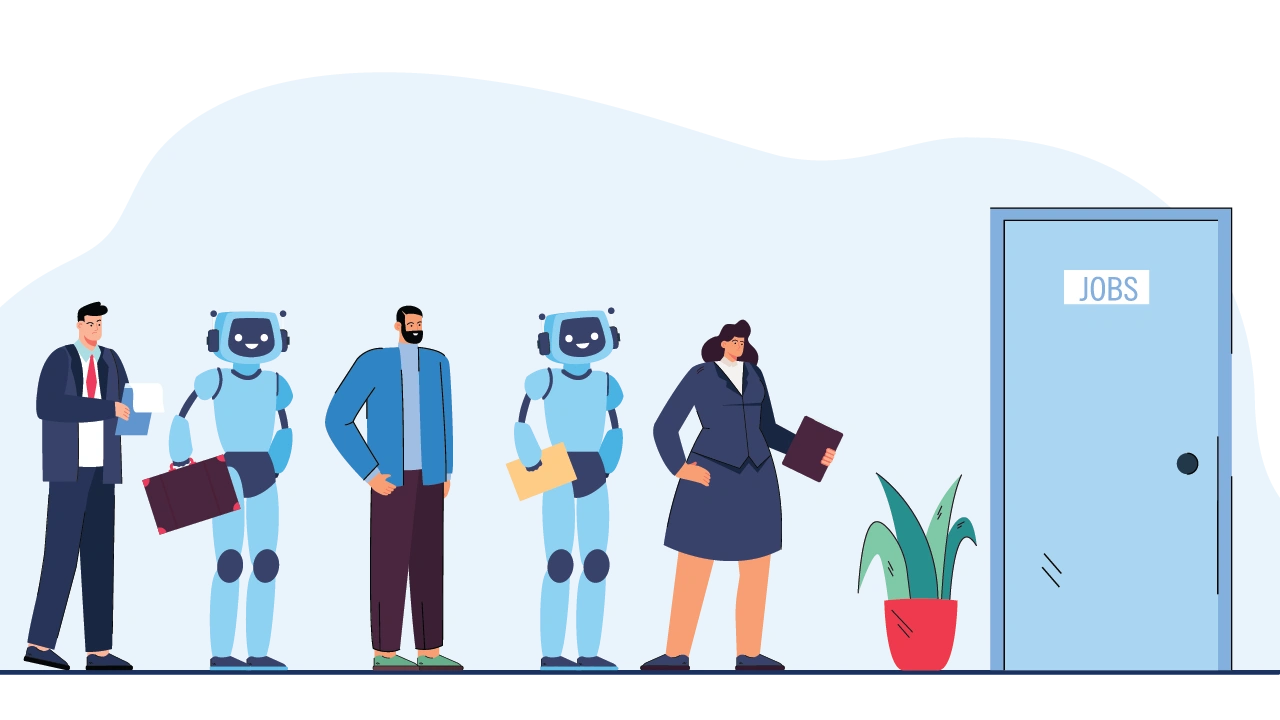
As artificial intelligence continues to reshape the workplace, a new frontier is emerging-one where human workers and AI agents collaborate in increasingly complex and dynamic ways. For CHROs and CXOs, especially in small businesses, this shift presents both a challenge and an opportunity: to reimagine workforce strategy in a world where humans are no longer the sole contributors to productivity creativity, and delivery.
This article explores a strategic shift which would leaders navigate this transformation. It addresses the evolving role of fractional CHROs, the integration of agentic AI, and the management of multigenerational human-AI workforces—all with a sharp focus on business outcomes and client delivery.
Small businesses are increasingly adopting AI tools to stay competitive, automate routine tasks, and enhance decision-making. But the real disruption lies not in automation alone-it’s in the rise of agentic AI, where autonomous agents perform tasks, make decisions, and interact with humans in real time.
At the same time, the workforce is more multigenerational than ever, spanning Gen Z to Baby Boomers, each with different levels of digital fluency, expectations, and adaptability. This diversity adds complexity to the already challenging task of integrating AI into daily workflows.
For CHROs-especially those operating in a fractional capacity-the need to lead this transformation strategically is urgent. They must not only understand AI but also design human-AI collaboration models, manage change, and align workforce strategy with business and client goals.
The first pillar focuses on the design, deployment, and evolution of AI agents within the organization. These agents can range from chatbots and virtual assistants to complex decision-making systems embedded in operations.
The second pillar addresses the human side of the equation—how people interact with, learn from, and work alongside AI agents.
The third pillar ties everything back to business outcomes and client delivery. It’s not enough to deploy AI or train employees-leaders must design a workforce that drives measurable value.
Also Read : From Chatbots to True Partners: How Agentic AI Is Redefining the Future of HR
Fractional CHROs—HR leaders who work part-time or on a contract basis—are uniquely positioned to drive this transformation in small businesses. Their external perspective, strategic focus, and cost-effectiveness make them ideal change agents.
This canvas can be used in strategy workshops, leadership offsites, or quarterly planning sessions to ensure alignment across teams and functions.
A small e-commerce firm deployed AI chatbots to handle Tier 1 queries, freeing up human agents for complex issues. The CHRO led training sessions on escalation protocols and empathy in AI-human handoffs.
A fractional CHRO helped a startup automate payroll and benefits using AI tools while retaining human oversight for compliance and employee relations.
A consulting firm introduced AI agents to assist in data analysis and reporting. Human consultants used these insights to deliver more personalized and strategic advice to clients.
One of the firms replaced their entire customer service team with AI agents only to realise that clients wanted to speak to humans, and hired 60% of the original team back
The Future of Human-AI WorkforcesThe next few years will see a rapid expansion of agentic AI across industries. But the human element will remain irreplaceable-especially in areas requiring empathy, judgment, and creativity.
CHROs and CXOs must embrace a dual mindset: one that values technological advancement and human potential equally. By adopting the Human-AI Workforce Framework, they can lead their organizations into a future that is not only efficient and innovative-but also inclusive, ethical, and human-centered.
Whether you're a fractional CHRO, a full-time HR leader, or a CXO in a small business, now is the time to act. Start by:
The future of work is not human or AI—it’s human and AI. And the leaders who understand this will shape the next era of business success.
What are your thoughts...
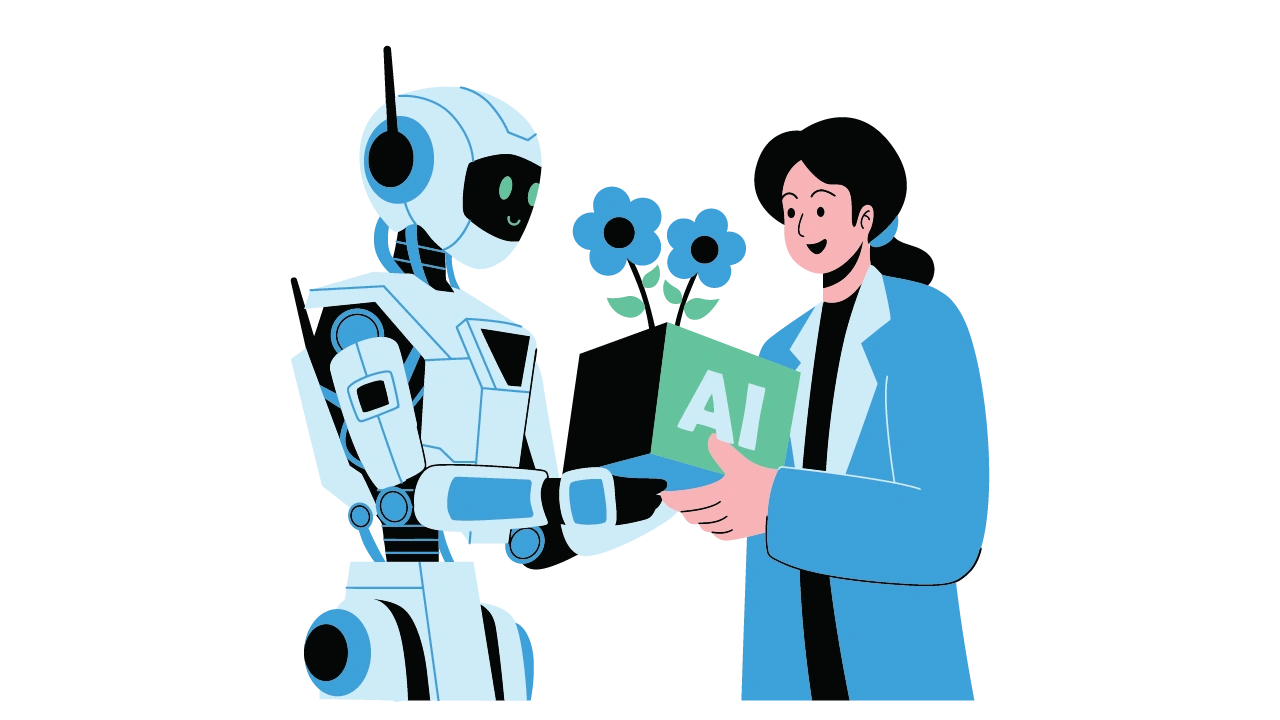
In today’s rapidly evolving work landscape, the arrival of Agentic AI in the workplace is shifting the way teams function, decisions are made, and work is delivered.

As artificial intelligence continues to reshape the workplace, a new frontier is emerging-one where human workers and AI agents collaborate in increasingly...
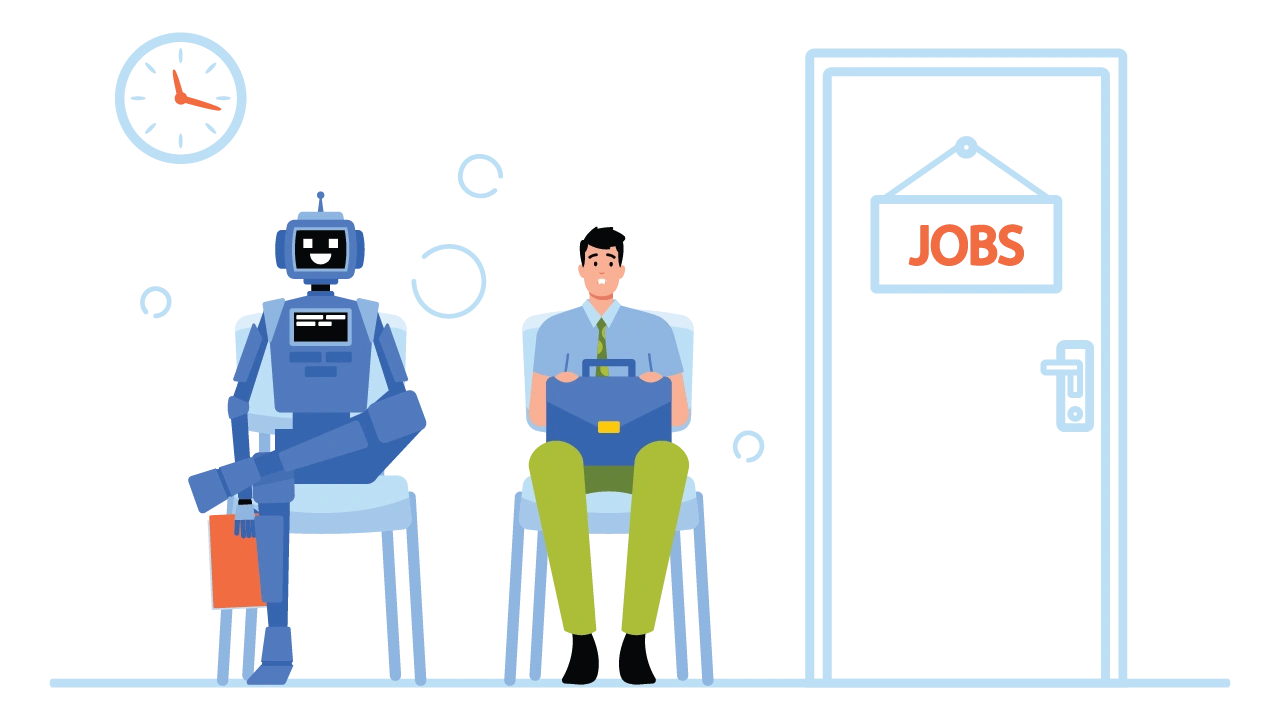
The “Future of Work” is no longer a distant vision—it’s today’s reality. In 2025, global organizations are navigating a landscape transformed by generative AI...
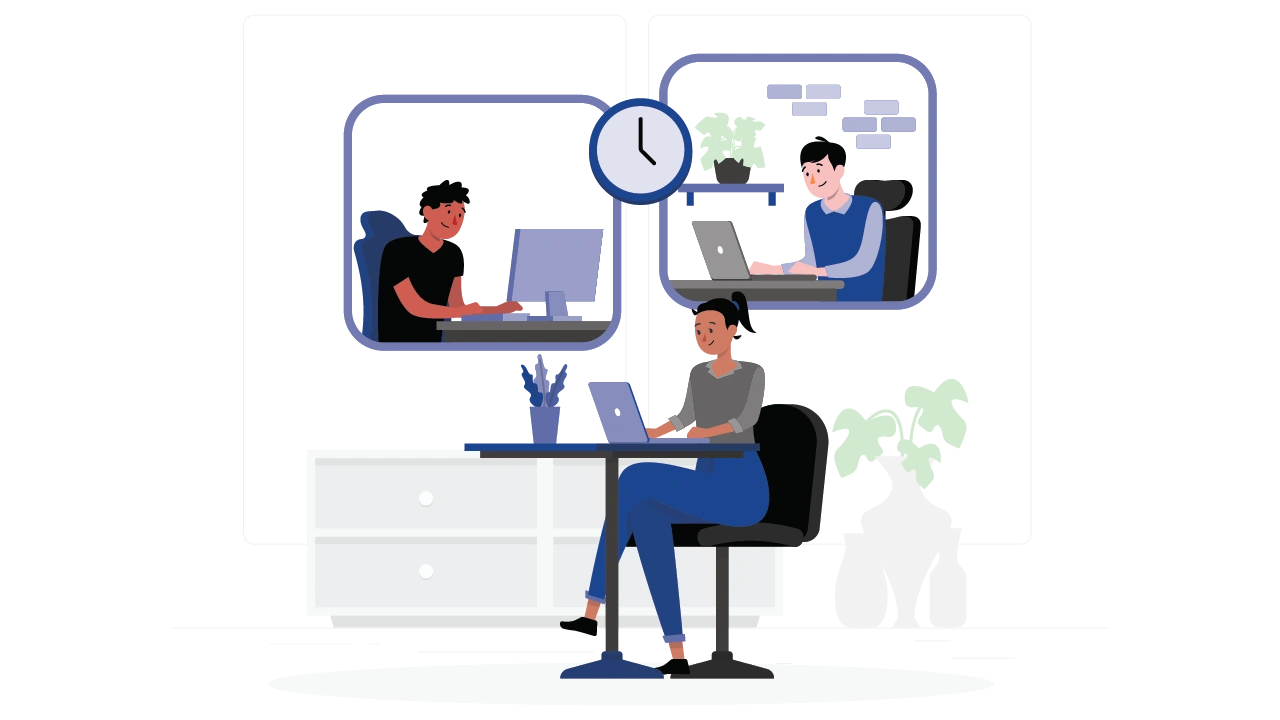
In a world where distributed teams are the norm rather than the exception, the role of culture is under the microscope like never before...
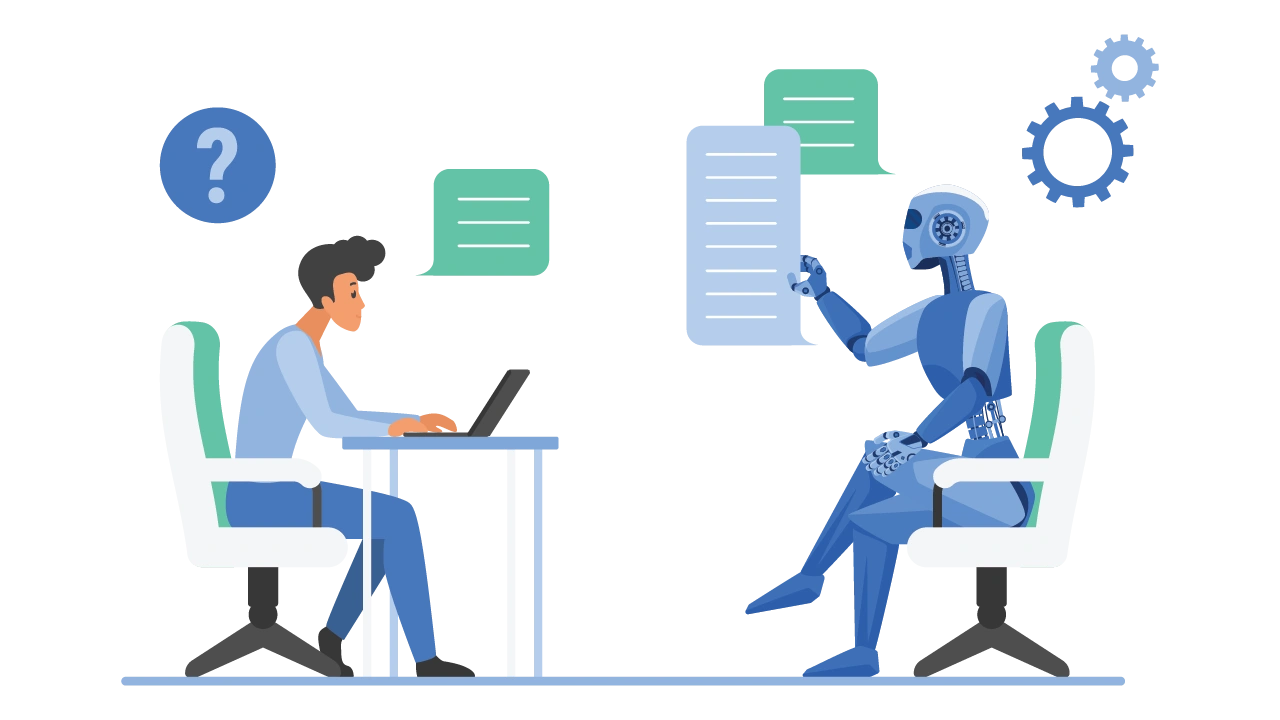
We hear about AI everywhere - from headlines about job losses to promises of supercharged productivity...
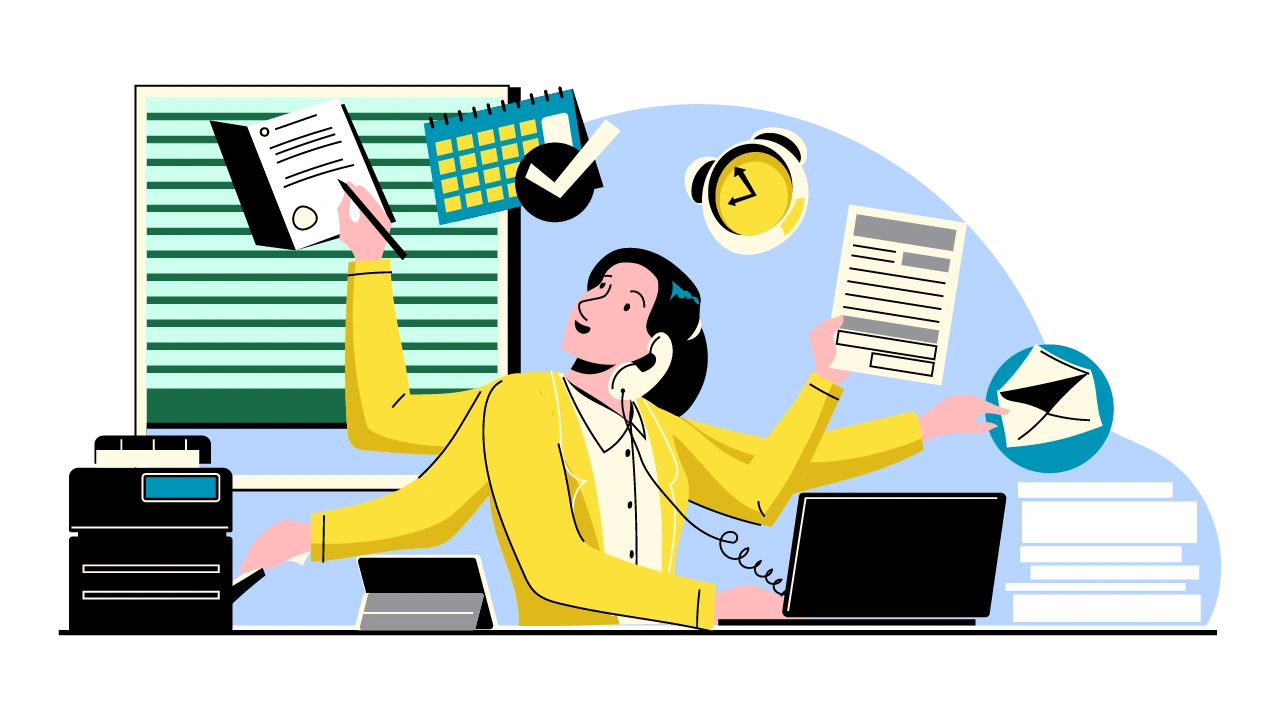
In today's dynamic and often unpredictable business landscape, growth is the ultimate aspiration for small and mid-sized enterprises (SMEs)...